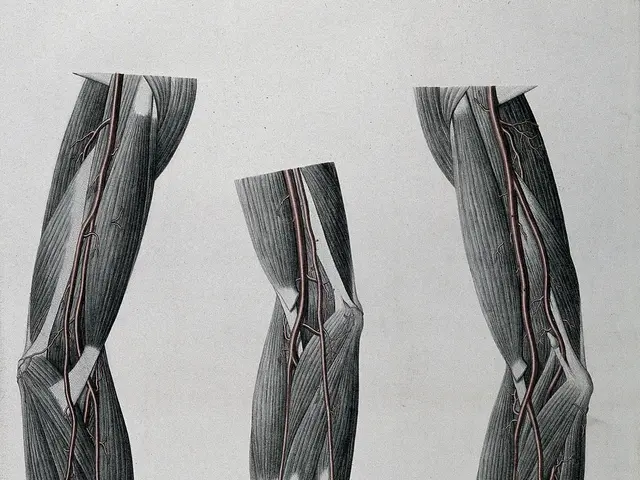Space's Day-Night Cycle Disruptions Affect Astronauts' Health
Astronauts in space face unique challenges, including disruptions to their biological clocks due to the absence of a regular day-night cycle. This can lead to sleep disturbances and other health issues, affecting their well-being and performance during missions.
On Earth, our biological clocks, or circadian rhythms, are synchronized with the 24-hour day-night cycle. Light exposure and hormones like melatonin primarily regulate these clocks, controlling sleep-wake cycles, hormone production, and body temperature. However, in microgravity, the lack of these cues can cause significant disruptions.
The effects of microgravity on biological clocks include irregular sleep patterns, changes in hormone levels, and alterations in metabolism. These changes can have serious implications for astronauts' health and performance. To mitigate these effects, astronauts use strategies such as artificial lighting systems that mimic Earth's day-night cycle and melatonin supplements.
Understanding and regulating biological clocks in space is crucial for the well-being and performance of astronauts. It also has implications for astrobiology, helping us understand how life adapts to space challenges and informing future space missions. Further research in this area is essential for ensuring the safety and success of long-duration space missions.








